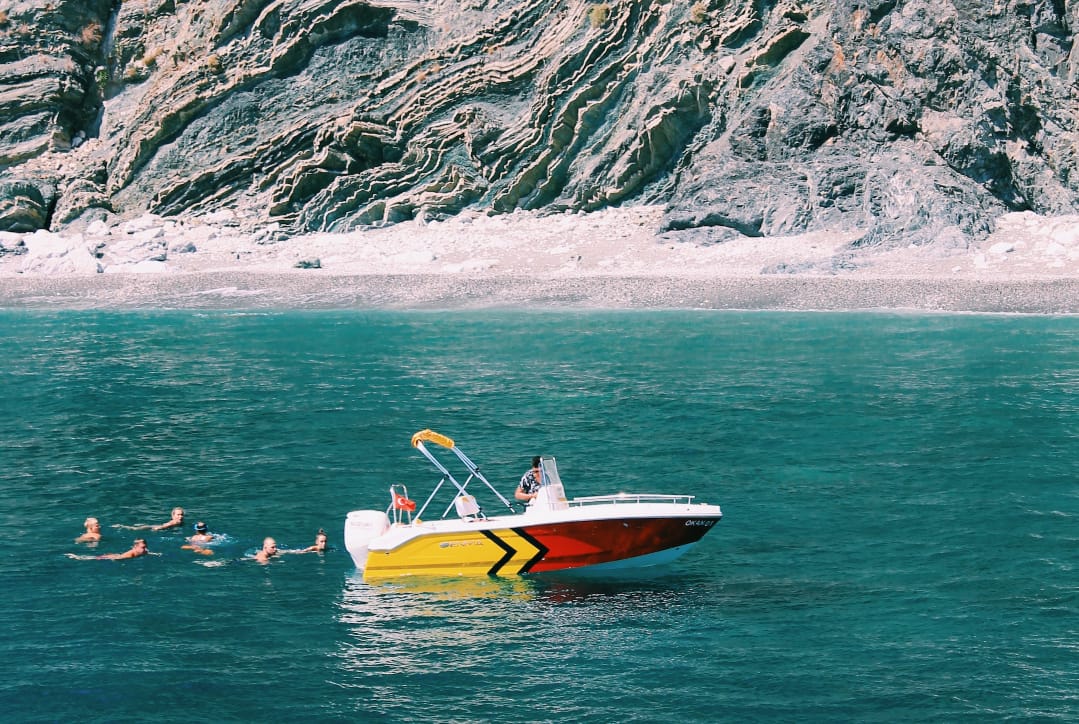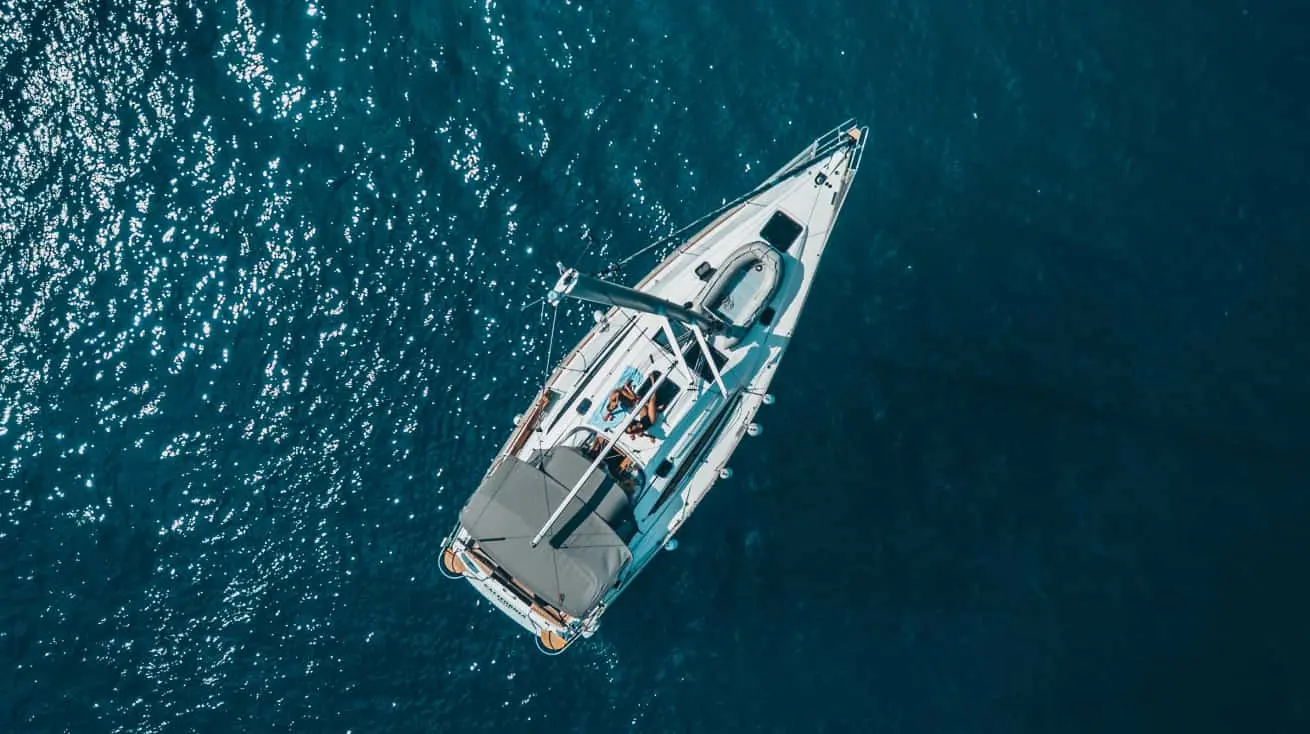When buying a boat, there are good reasons to consider both new and used. Let us help you decide.
The basics
Consider buying a new boat if you:
- Are willing to pay more (and potentially wait longer) for the latest and greatest
- Have a very specific list of features you’re committed to
- Value the peace of mind that comes with a factory warranty
- Wish to reduce the likelihood of hidden maintenance or repair issues
Start your online boat loan application or visit a U.S. Bank branch to talk about your boat loan options.
Consider buying a used boat if you:
- Wish to keep your upfront costs at a minimum
- Want your boat to retain more of its value over time
- Prefer the potentially lower insurance rates and registration costs of a used boat
- May be willing to hire a professional marine surveyor to thoroughly inspect the boat before purchase
We offer flexible financing on used boat loans. You could get a same-day credit decision with our online boat loan application.
Pros and cons of buying a new boat
Pros:
Obviously, first and foremost, you get to be the first and only owner. Everything inside and out is fresh from the factory and in pristine condition, and you get to enjoy that “new boat smell” (if only briefly). There’s no mystery about the boat’s history, and you can keep it running smoothly if you pay attention to maintenance.
When you buy new, you can specify exactly the boat you want, with exactly the options and accessories that suit you. If you buy a boat from a quality manufacturer, you can be reasonably confident that everything will work as it should – and if something goes wrong within the first few years, there’s a good chance it will be covered by a manufacturer’s warranty.
When it comes to financing, you may get a lower interest rate and a longer term on a new boat. Remember, loan terms for new boats are longer than those for cars, so your monthly payment could be lower than you think. On the other hand, you’ll want to plan for a longer series of payments than with a car, so the boat could lose more of its value through depreciation before you’re done paying for it.
Cons:
All other things being equal, a new boat costs more than a used boat – often a lot more. And just like a new car, a new boat will instantly lose 10-15% of its value the moment you take it off the dealership lot. New boats depreciate fastest over the first few years of ownership, so buying new can make it harder to recoup your investment when it’s time to sell.
Also as with cars, a new boat will cost you more in related fees. You’ll pay a premium to license, register and insure your new boat.
When thinking about all the new gadgets and customizations you want in your new boat, keep in mind that these requests can take time to fill. New boats are harder to find than used ones, and it could be a while before you take delivery on a new boat with all your desired bells and whistles.
Pros and cons of buying a used boat
Pros:
The main reason most buyers choose a used boat is the lower upfront cost. You can save thousands on a boat that’s a few years old versus a similar new model. Since model cycles on boats run about 4 to 5 years on average, there’s a good chance that 3-year-old boat has most of the same design, safety and technology features as its newer counterpart. And because pre-owned boats lose value more slowly than new ones, you’re likely to get more of your investment back when you decide to sell.
If you’re diligent, you may find an affordable used boat loaded with gadgets and other extras that you wouldn’t have thought to request. It’s kind of like finding a cheap used car with an incredible audio system and a heated steering wheel. And as with any other used market, every seller has a different reason to unload their property. A motivated seller can give you the upper hand in price negotiation, resulting in a great deal for you.
Another good reason to buy used is that your boat is ready for delivery immediately. There are many more used boats on the market than new ones, so there’s a wide selection to choose from. You can be out on the water the same day you sign the purchase contract.
Cons:
In exchange for saving money at the point of purchase, you’ll take on a certain amount of risk. You should always thoroughly investigate the service history of a pre-owned boat – but even then, it’s impossible to be sure you know all there is to know.
Be prepared to incur more repair and maintenance costs in the near term. While certain key parts of the boat (such as the hull and engine) may have transferable warranties, chances are you’ll be paying for any unexpected issues. You may wish to consider an extended warranty package, often offered as an option by the dealer – but make sure you understand the costs and limitations of any warranty before signing up.
Most insurers will require a thorough C&V (condition and valuation) inspection by a certified professional marine surveyor before providing coverage on a used boat. This inspection can cost several hundred dollars, but it’s a good idea as a prerequisite to buying any pre-owned boat regardless. If hidden problems exist, a professional inspection can save you from an ill-advised purchase.
About buying from a dealership
Due to ongoing issues in the supply chain and labor market, repairs and maintenance for your new or used boat can be difficult and time-consuming to arrange. Buying your boat from a local dealership can help. Dealerships may prioritize their buying customers when scheduling repair work. Establishing a relationship locally can’t hurt when it comes to the long-term maintenance of your boat.
Boat buying tips
Choosing the right boat
Learn about different kinds of boats and find the one that’s right for you.
Costs of owning a boat
Be sure you consider the long-term costs of boat ownership when budgeting for your purchase.



